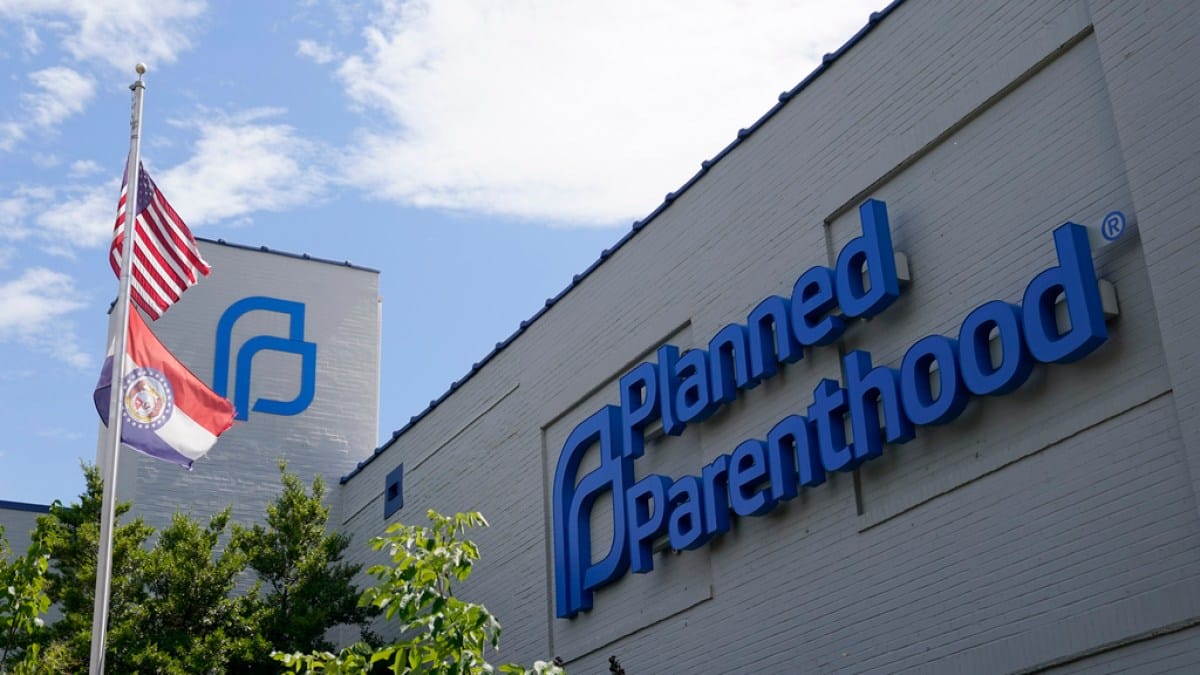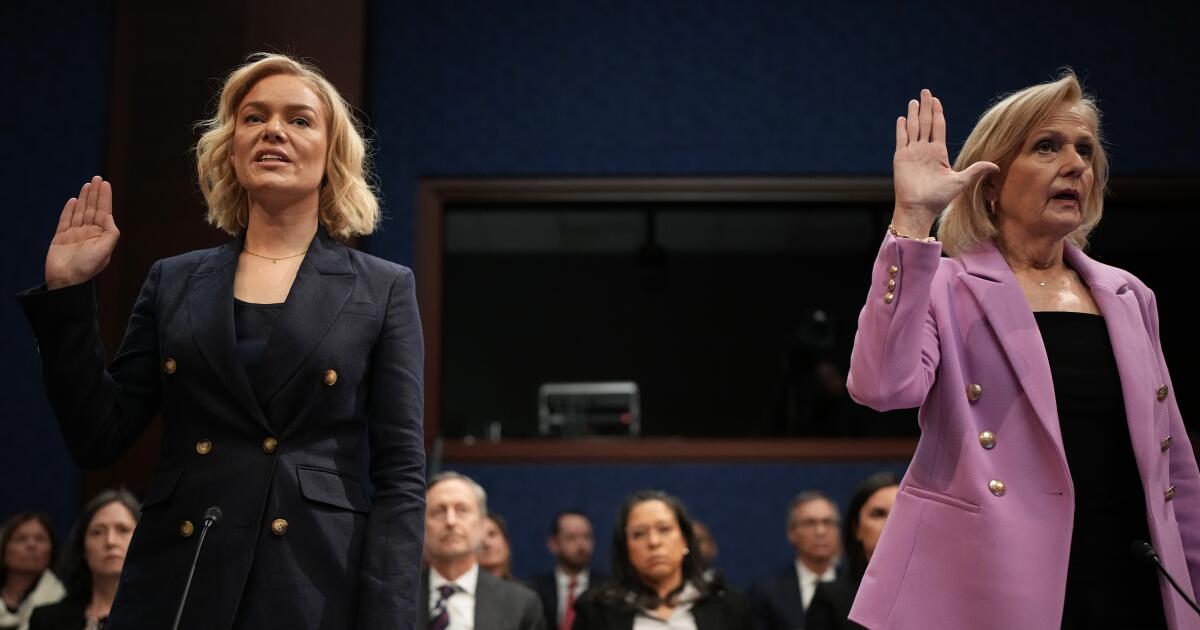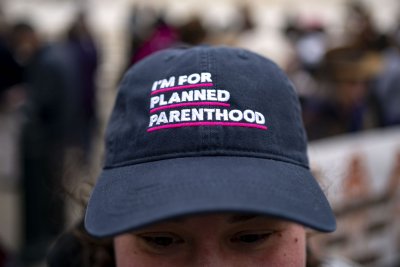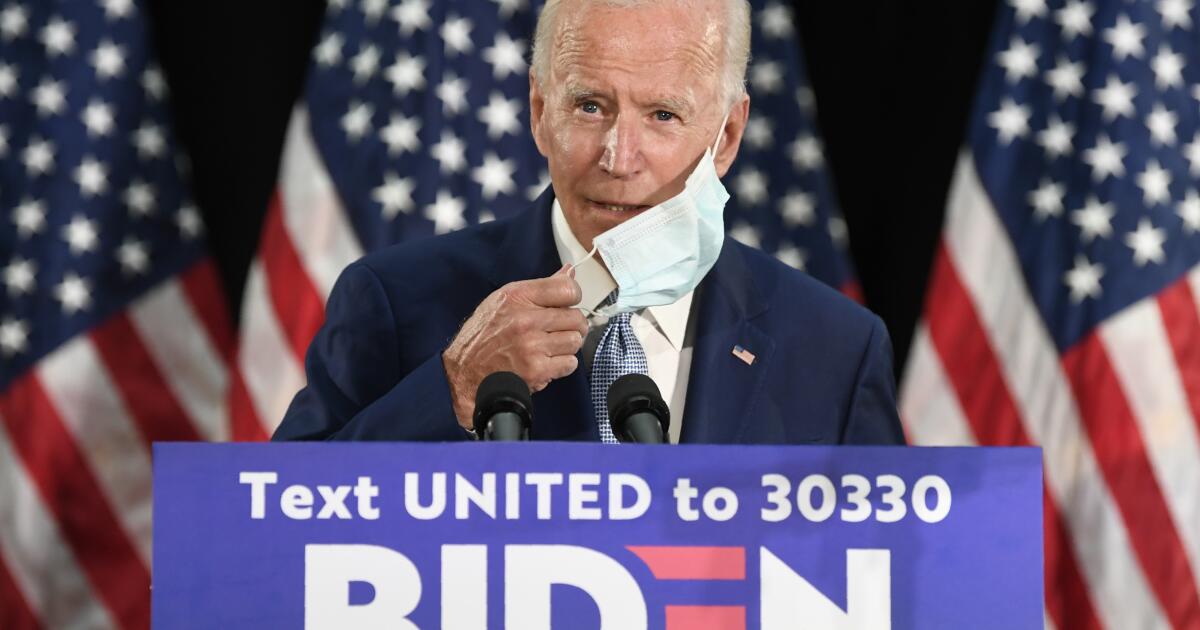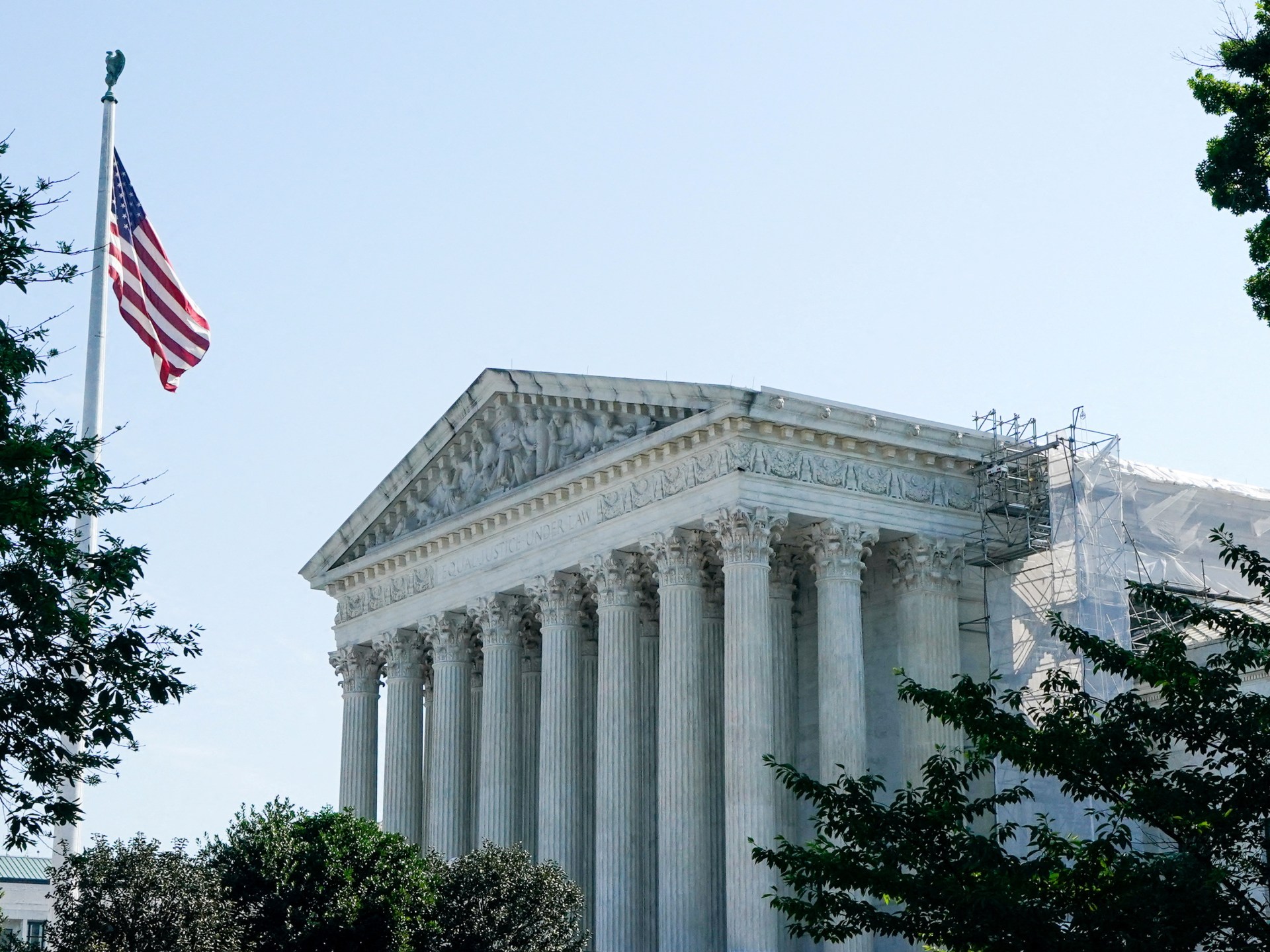US judge blocks Trump’s effort to defund reproductive health organisation | Courts News
Planned Parenthood says one million patients could lose coverage if it was cut off from Medicaid funds.
A United States federal judge has ruled against President Donald Trump’s effort to defund Planned Parenthood, a reproductive health services organisation that has long attracted conservative ire.
In a decision on Monday, US District Judge Indira Talwani ruled that Planned Parenthood clinics must continue to receive reimbursements for Medicaid, a government health programme for the poor.
“Patients are likely to suffer adverse health consequences where care is disrupted or unavailable,” Talwani stated in her Monday order. “In particular, restricting Members’ ability to provide healthcare services threatens an increase in unintended pregnancies and attendant complications because of reduced access to effective contraceptives, and an increase in undiagnosed and untreated STIs.”
Planned Parenthood had filed a lawsuit over a provision in a recent Republican tax and spending bill that cut off Medicaid payments for one year to abortion providers who received more than $800,000 from Medicaid in 2023.
The US already prevents federal funds from paying for abortion services, and organisations that provide abortions, such as Planned Parenthood, also offer reproductive health services such as contraception, pregnancy tests and STD testing.
The organisation estimated that the provision in the bill could result in the closure of 200 clinics across 24 states, with more than one million patients at risk of losing coverage.
Conservative politicians have long sought to restrict access to federal funds for Planned Parenthood, the country’s largest abortion provider, as part of a larger push to roll back access to reproductive health services.
Since the US Supreme Court overturned Roe v Wade, a previous 1973 decision that had established abortion as a constitutional right, in June 2022, numerous Republican-led states have passed new restrictions on abortion or banned it entirely.
“Today, a federal judge issued a preliminary injunction, blocking the provision in the reconciliation law that unconstitutionally ‘defunds’ Planned Parenthood from going back into effect,” Planned Parenthood said in a statement on Monday.
“This means that patients can use Medicaid at Planned Parenthood health centers, and Planned Parenthood health centers can receive reimbursements for the essential services they provide.”
